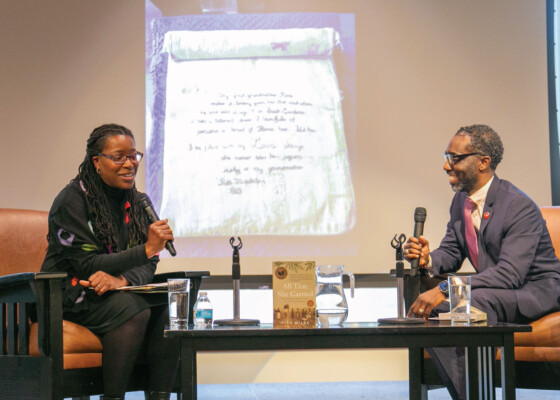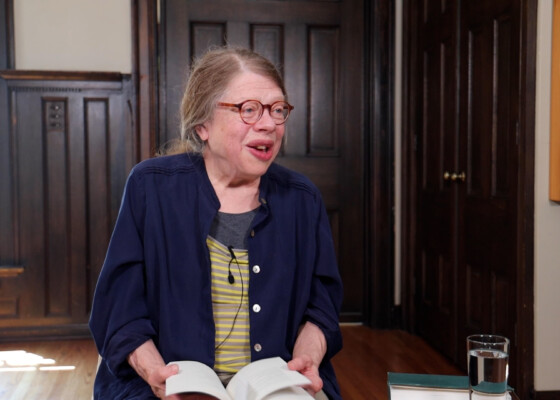American’s Role in Political Civility
October 8, 2012There was a time in American politics when political figures were not dissected and ruthlessly mocked in the media. If we want civility in American politics, we need to show…
There was a time in American politics when political figures were not dissected and ruthlessly mocked in the media. If we want civility in American politics, we need to show leaders respect.
Last Wednesday night, Mitt Romney and Barack Obama met for their first debate. Television networks agree that Romney won. Although both men are far better speakers than the vast majority of Americans, Obama was mocked mercilessly for his performance. To view the SNL skit, click here.
While free speech is one of the dearest rights of Americans, there are consequences for what we say. Shows like Saturday Night Live are entertaining, and I would be lying if I said I did not laugh. Even though they make fun of everyone, the show sets a precedent in our culture that disrespectful exaggerations and lies are acceptable. If society is allowed to obliterate a candidate, how is her or his opponent supposed to have enough self-control to remain above the fray?
There was a time in American politics when a president could be confined to a wheelchair and the majority of Americans would never know. People close to Franklin Delano Roosevelt made sure he was never shown in his wheelchair. Famous leaders would be photographed seated next to him, for example look at every photograph of “The Big Three” (Winston Churchill, Franklin Delano Roosevelt, and Joseph Stalin). While being confined to a wheelchair is by no means shameful, Roosevelt feared people would perceive him as weak. The respect Roosevelt was shown is especially poignant given the political and economic atmosphere of the 1930s and 1940s. Roosevelt led America during the worst economic period in our history. He took us to war. His actions were controversial. He was involved in scandals. And yet, his opponents never leaked his secret.
This Thursday Joe Biden and Paul Ryan will face each other in the vice presidential debate. Given society’s lack of civility in the treatment of the vice presidential candidates in 2008, and in last Wednesday’s presidential debate, my hopes for civility are waning. Ultimately, if we want to have civility in politics, we need to first look at ourselves. Are we promoting a civil discussion? I know I am a culprit.
In September, October and November, Indiana Humanities is exploring the topic of “civility,” as part of its Spirit of Competition theme.
This post was written by Jenny Kalvaitis, a graduate intern with Indiana Humanities. Jenny is a Public History Master’s student at IUPUI.


